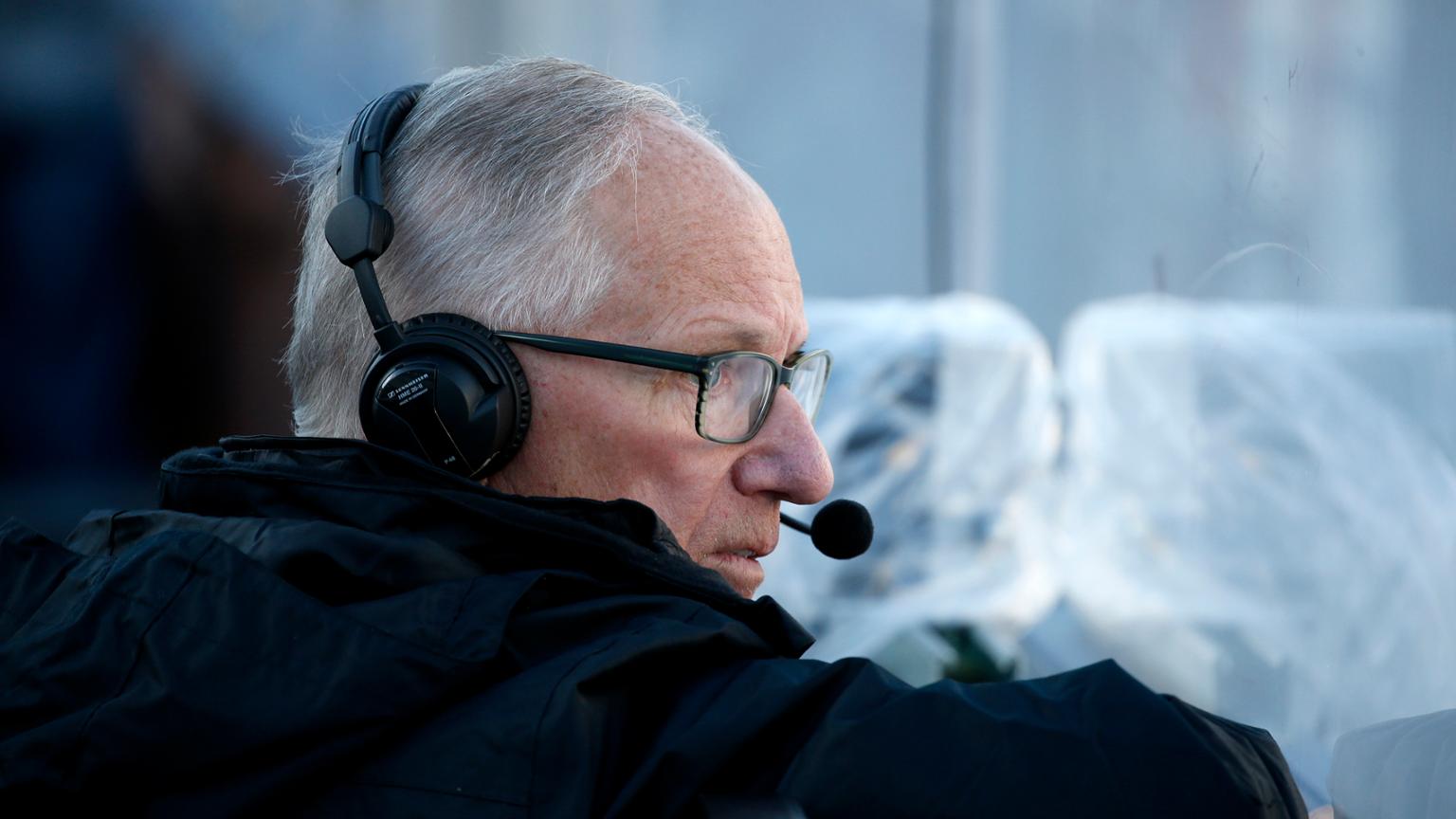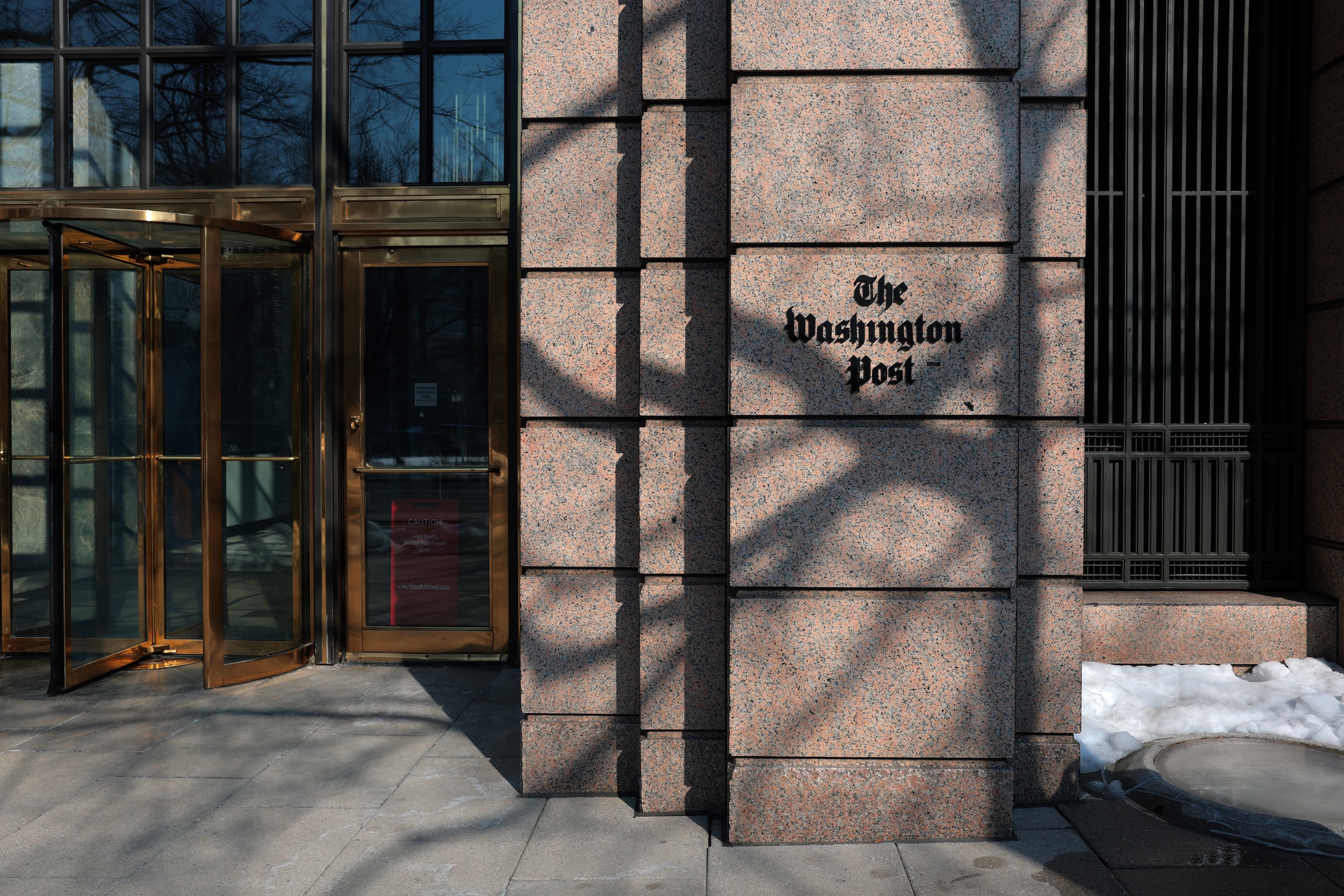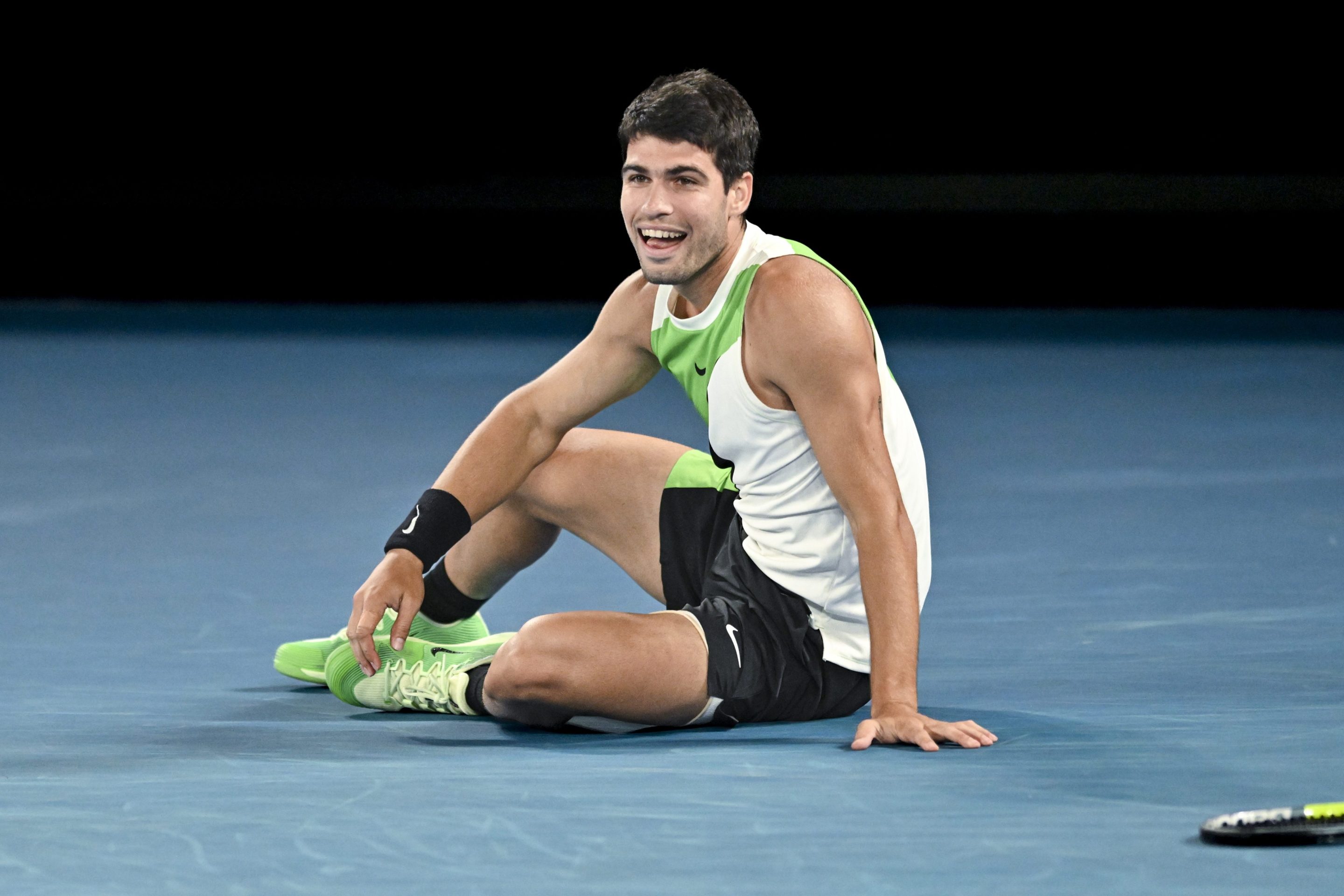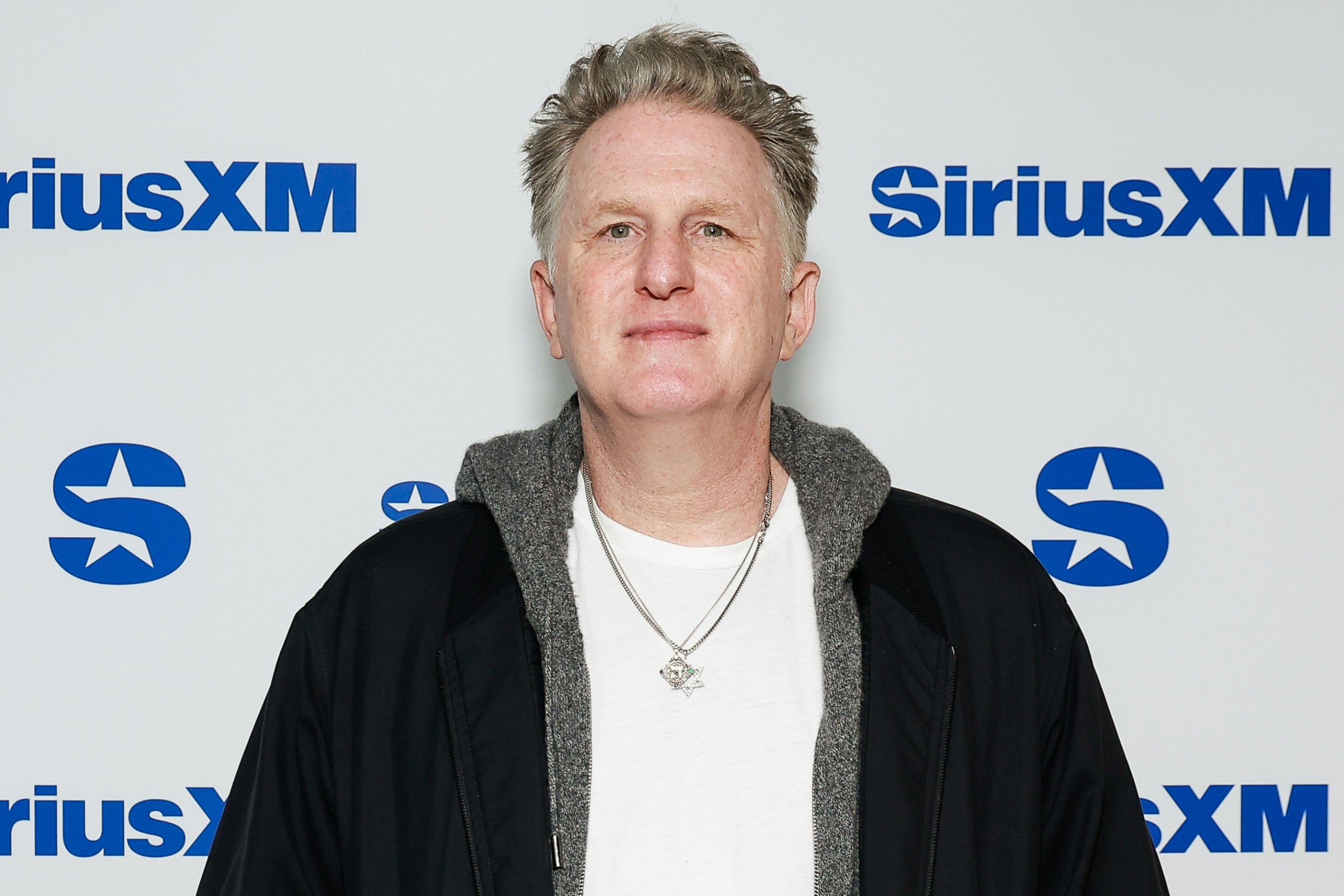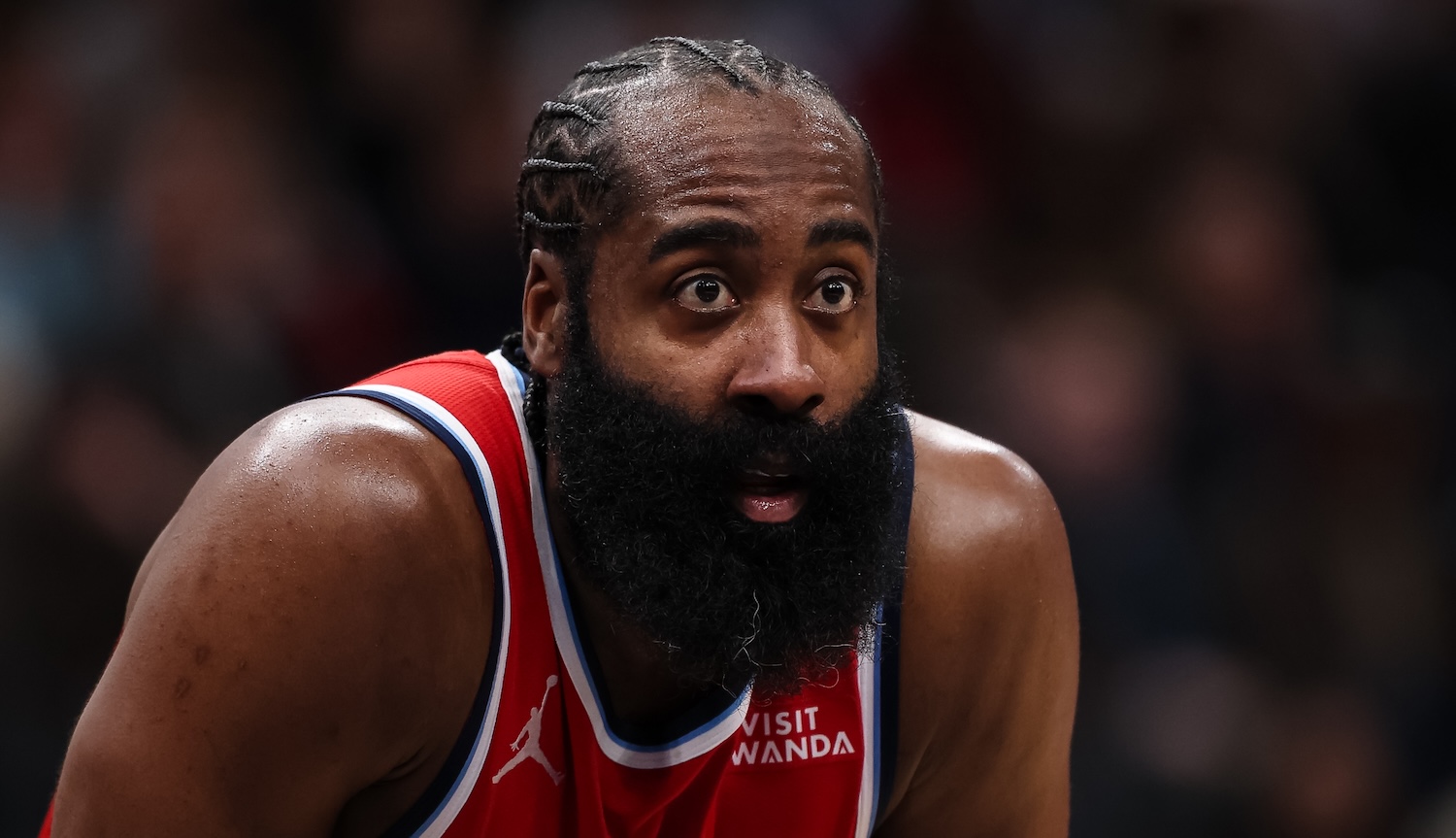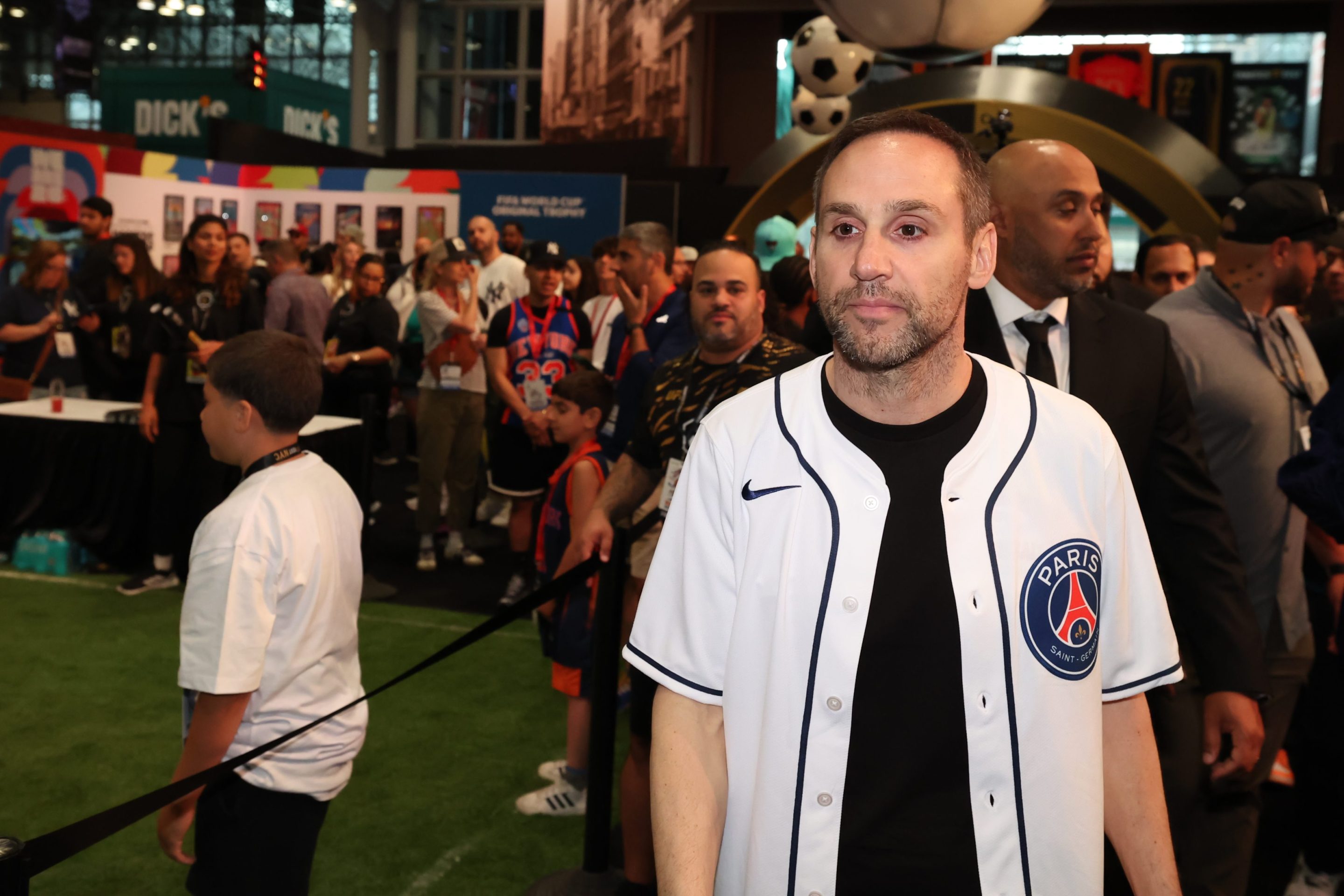With the news that hall-of-fame NHL broadcaster Mike "Doc" Emrick is retiring, my first thought, unkindly, was of the viewers who don't like him. These people exist! Not in numbers, mind you, but they're real. They complain about Emrick's excitability, as if it were a bug and not a feature that a play-by-play guy would convey through volume modulation that every shot on goal has the potential to be a big moment, and that a team almost scoring can be as exciting and as important as a team actually scoring. They complain about Emrick's display of his encyclopedic knowledge of the sport and the players, as if it would be fun or even possible to fill 60 minutes of game action without mentioning that a third-pairing defenseman played his junior hockey in Moosejaw. And most of all, they complain about the synonyms.
Here's a list of verbs used by Emrick in a single 2013 game, all of them stand-ins for "passes":
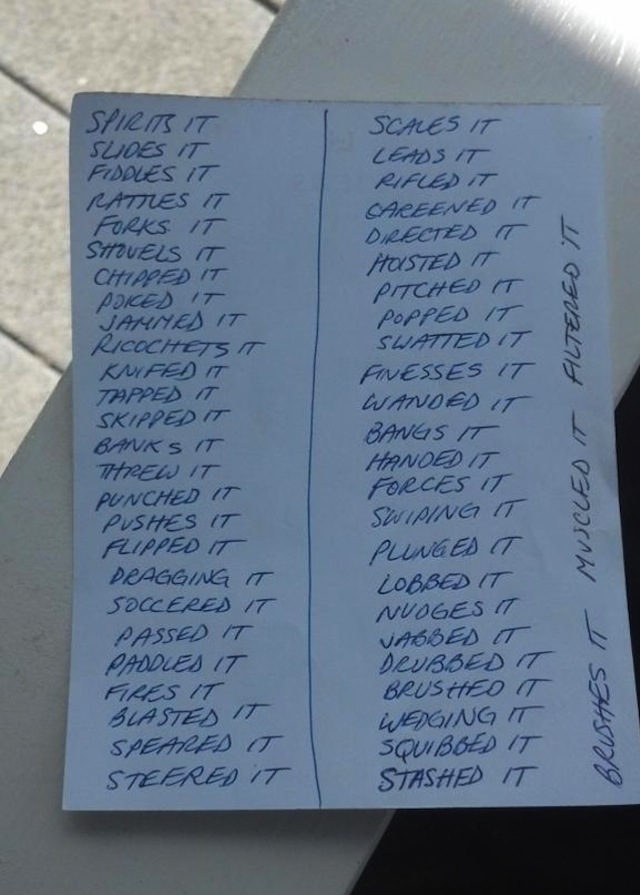
Stand-ins, sure, but exact substitutes? Absolutely not. When a player steers a puck, he's doing something very different than a player who banks it, or knifes it. Close your eyes and you can picture each one. This is a master of his craft, a TV guy calling action like he's on the radio and giving you a full picture of what's happening in a sometimes-chaotic, sometimes-monotonous sport. The variety itself is valuable—try watching a shift and whispering to yourself "passes it to" every time someone passes it, and see how quickly that gets old—but Emrick drew from his grab bag of verbs for the simple reason of accuracy. He's telling you exactly what's happening, how it's happening, and if his voice is rising, what might happen next.
It shouldn't be a surprise when a 74-year-old man retires, but it comes as a shock when it's Doc Emrick, who, if you're of a certain age or below, has always been the national voice of hockey in the United States. Emrick has been the lead play-by-play man almost without interruption since 1986. Because I don't remember a time when it wasn't Emrick on the mic for the biggest games and the biggest moments, I never really comprehended that he might not always be there.
"Doc"—who indeed holds a Ph.D. in broadcasting—called his first game in 1973, the first of a decade of minor-league assignments in places like Port Huron and Portland. He got his big break as the Devils' very first play-by-play man, and earned his bones there and then with the Flyers, before returning to New Jersey in 1993. Emrick dabbled in a little bit of everything along the way, calling a little bit of NFL and college basketball for CBS, and, memorably, Olympic water polo for NBC. But hockey was the man's life.
I met Emrick once, in Philadelphia, when I was covering a Winter Classic, which I then stupidly considered to be a slightly played-out gimmick. I mentioned my growing exhaustion with the concept to Emrick, perhaps hoping for some commiseration from a guy who's on the road all year long and might be forgiven for having wanted to spend an extended holiday break at home. No dice. Emrick, who already had a bunch of outdoor games under his belt by that time, was absolutely thrilled to be calling another one. He gushed about the novelty, for him, for the players, and for the fans, but for an even longer time he gushed about the match-up. He was simply excited about a game between two good teams, whether or not there was a roof on the joint or it was a federal holiday. Emrick always felt that excitement, I think, and it always came through.
"[T]his just seemed to be the time that was right," Emrick told the Post of his retiring now, and it feels like a shame that he was forced to call his final postseason from his own home due to the pandemic. Here's a lovely video, a message to you, the viewer, from "your hockey friend, Doc," and it's stirring in all the right ways. But I'm going to instead offer another video, below, which was not initially meant for public consumption. It was intended to be just a message from Emrick to his coworkers, at the height of the uncertainty of quarantine, sharing his hopes and dreams for the eventual return of hockey and the return to normality. Hockey meant the world to Doc Emrick, and he knew how much it can mean to the rest of us.
One day, we will all be together again.
— NBC Sports (@NBCSports) April 12, 2020
And when that day comes, our gratitude for those who helped get us there will overflow.
That, truly, is Doc Emrick's dream. ❤️ pic.twitter.com/Y7r5cGxBWP
If and when the arenas fill again, and we tune in to the game of the week to see the broadcasters in front of 20,000 people screaming their lungs out, it won't quite be normal, not ever again, because Emrick won't be there.
Being a great announcer is perhaps the hardest thing in sports. Maybe that sounds like a silly thing to say, But there are fewer truly great announcers, and I think this is uncontroversial, than there are great athletes. Emrick is going to be succeeded by someone like Kenny Albert or Gary Thorne or—a suggestion to NBC—John Forslund, all fantastic at what they do, but he's not ever really going to be replaced. So I think, again, of those people who didn't care for Emrick's play-by-play, and I wonder if they just never grasped how difficult it is to do what he did so effortlessly and so earnestly. They're about to find out the hard way. And then they'll miss Doc Emrick as much as the rest of us.
